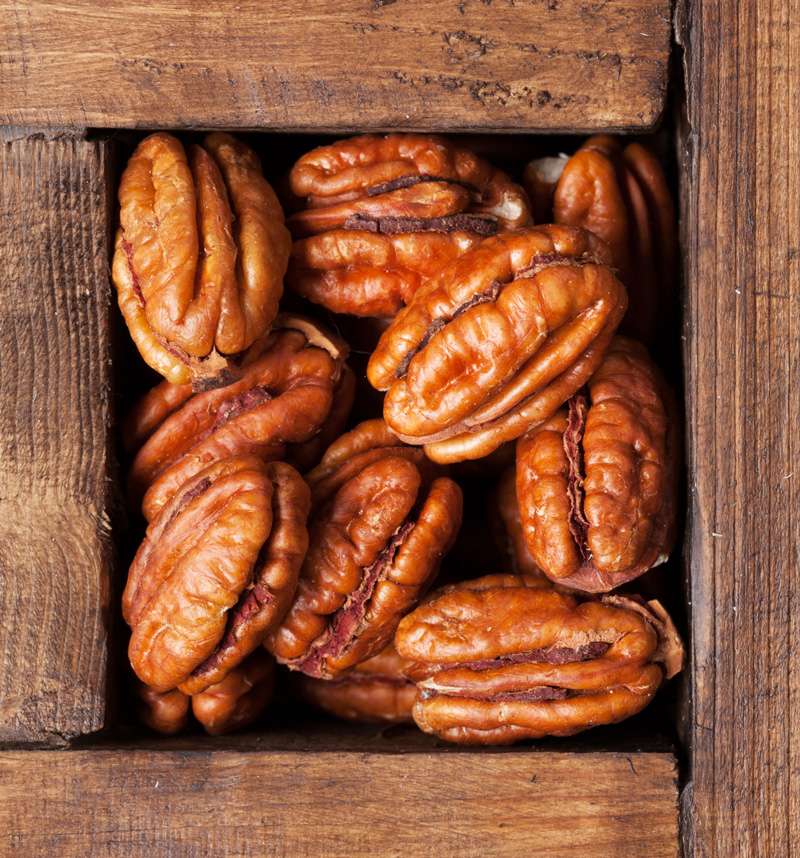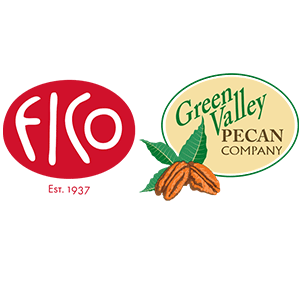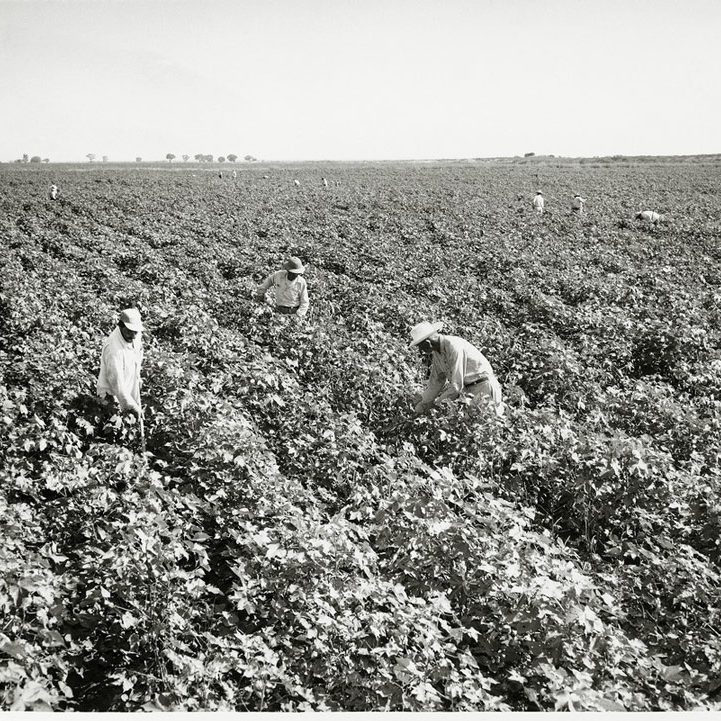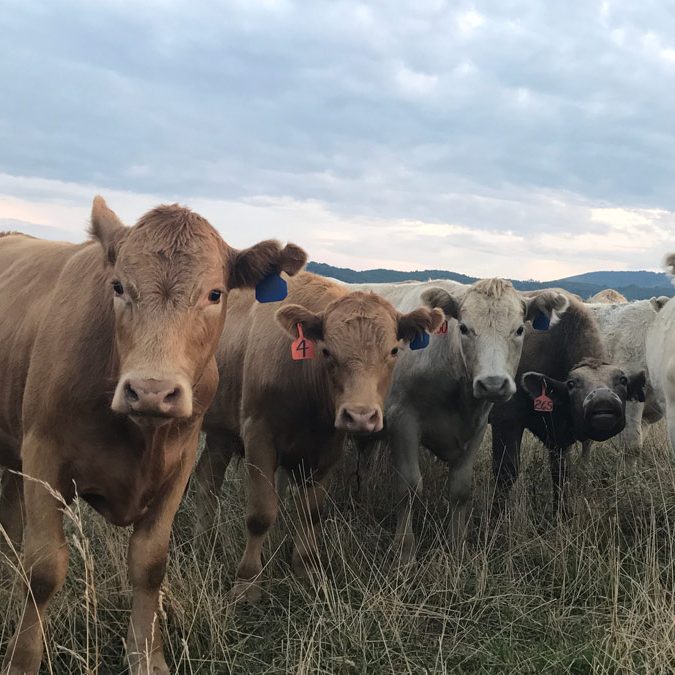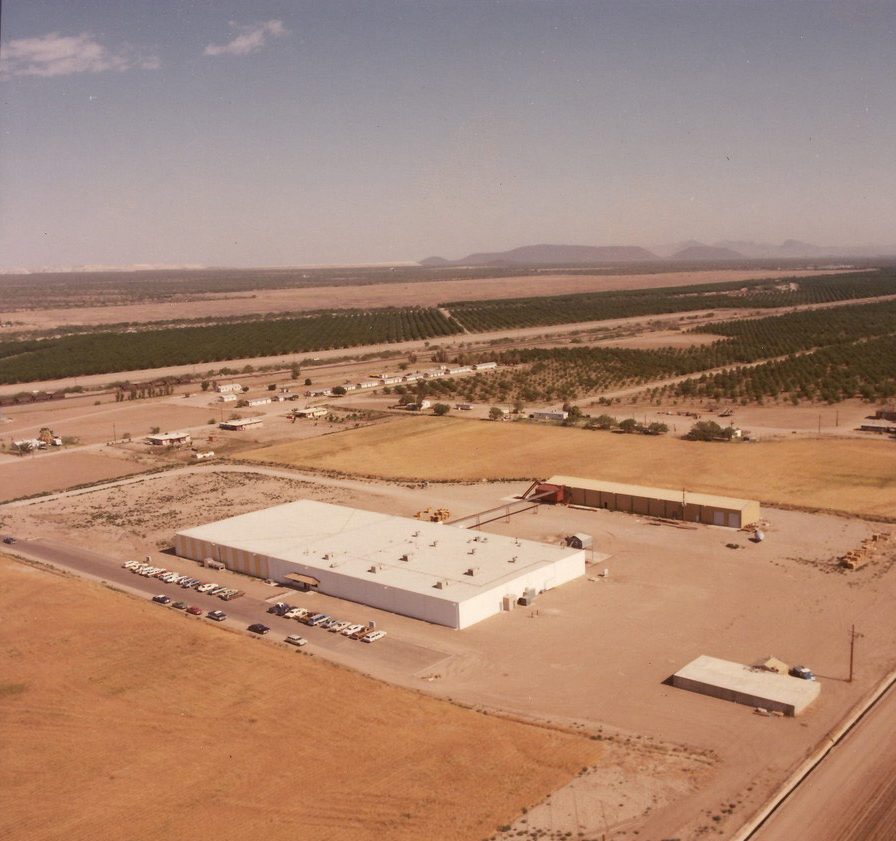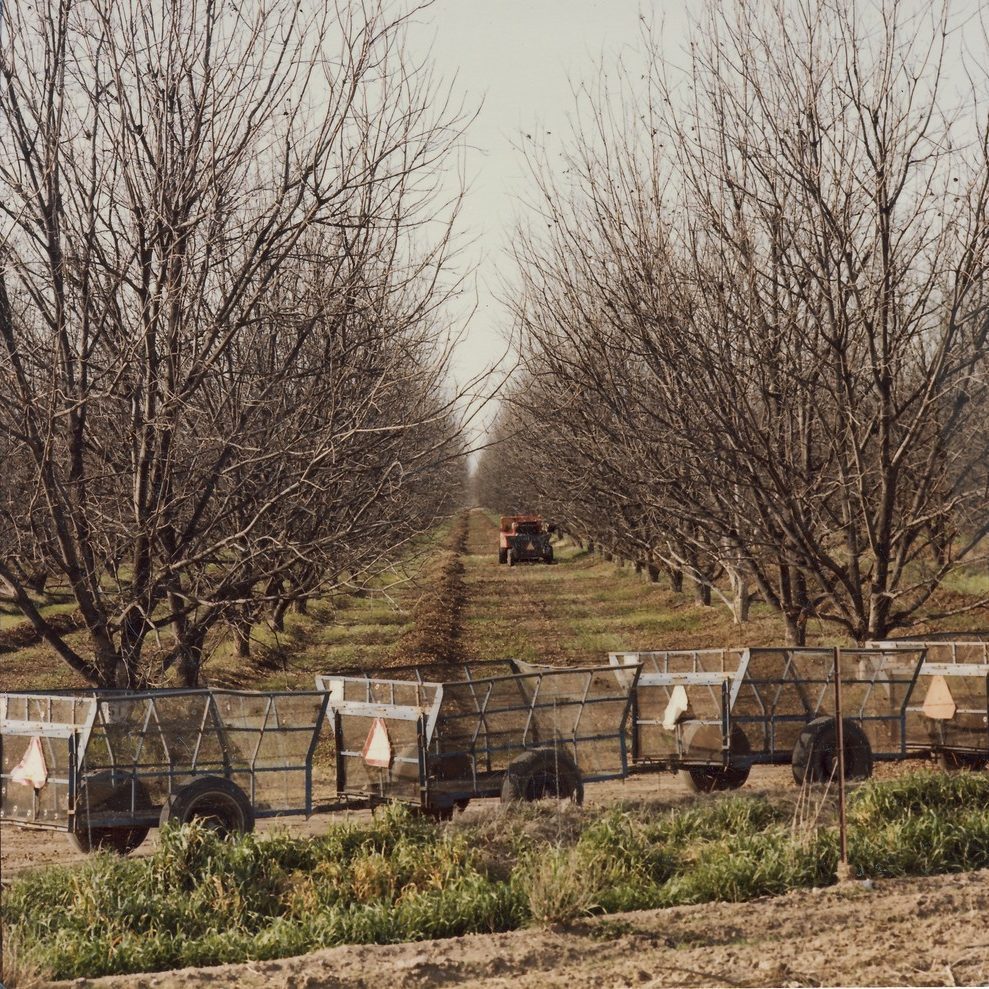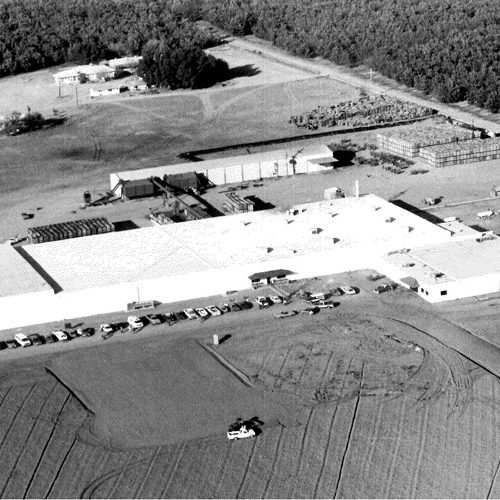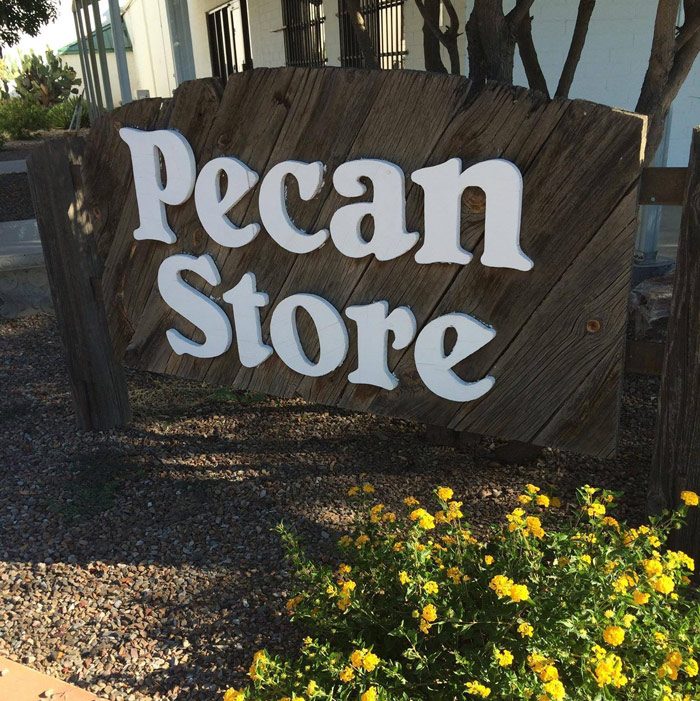Our Story
Our Founder
Keith Walden, the son of a banker and a farmer in Santa Paula, CA.
At an early age he was expected to help in the family farm where he learned the business and experienced the highs and lows of the industry. It all helped him to develop the character and discipline needed to succeed.
The ever-changing conditions of the world, the markets, the elements in nature, and his curious entrepreneurial spirit made Farmers Investment Co what we are today; one of the largest pecan producers in the world.
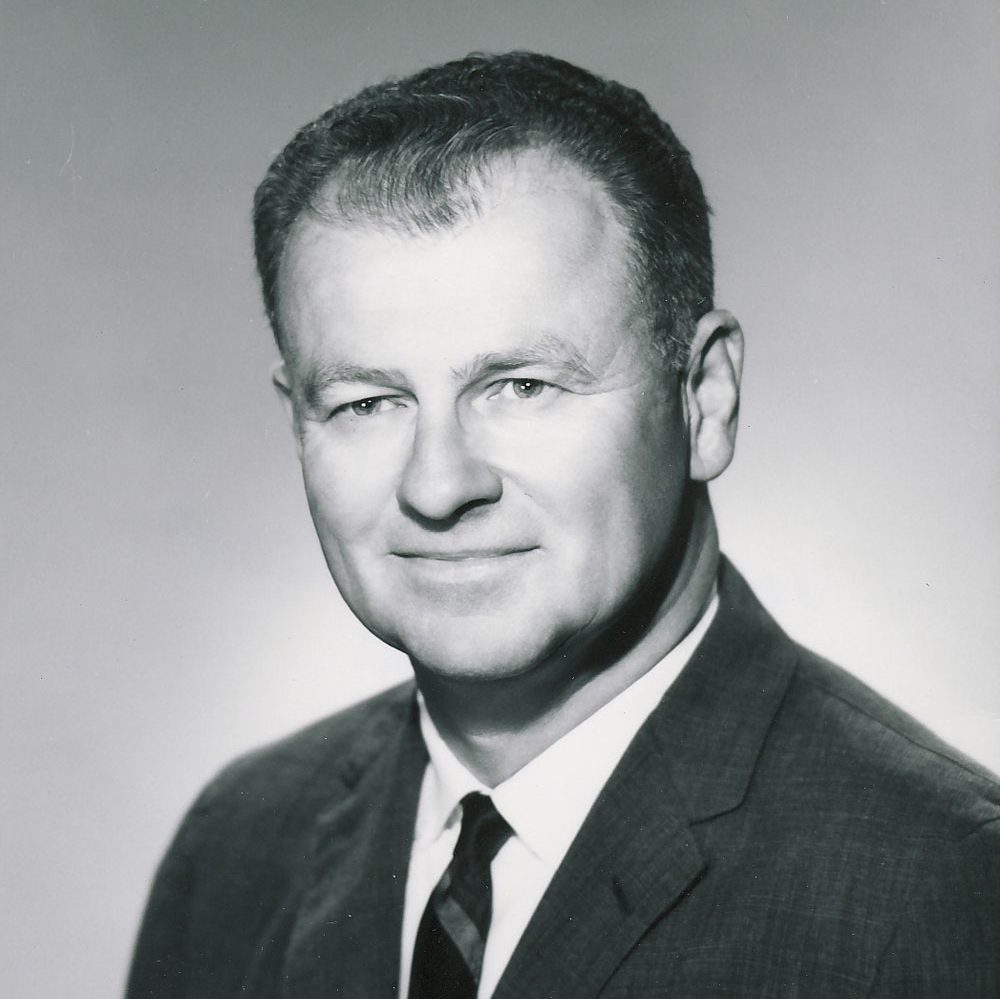
“I bought this land (Sahuarita) and Continental to grow cotton but when disease came, we were driven out of that business. I never dreamed I would be growing pecans”
Timeline Since 1915
The Finest Production
Our pecans are premium quality!
The farming experience and investments made into our practices have resulted in a pecan that is well-recognized in the market. Our pecans not only have reached every corner of our nation, but over 26 countries around the world.
